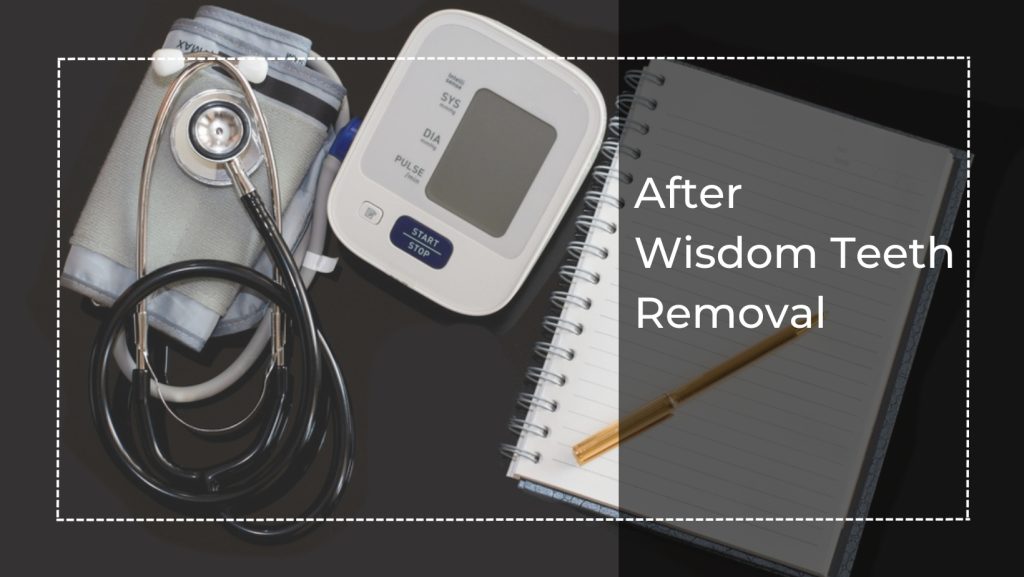
We have created this information to provide you with a comprehensive understanding of Orthognathic surgery and to help you prepare for the upcoming procedure. It outlines a typical hospital course for the surgery. We understand that you may have questions after reviewing this information, so please feel free to ask us about any concerns you may have. We firmly believe that a well-informed patient will encounter fewer surprises and will have a better overall experience, both physically and emotionally, when undergoing a major surgery.
Immediately Following Oral Surgery
- Please keep the gauze pad, which was placed over the surgical area, in place for half an hour.
- To promote proper healing, avoid vigorous mouth rinsing or touching the wound area following the surgery.
- Take the prescribed pain medications as soon as you start to feel any discomfort.
- On the day of the surgery, limit your activities, and only resume normal activity when you feel comfortable doing so.
- Apply ice packs to the sides of your face where the surgery was performed. For more information on managing swelling, please refer to the relevant section.
BLEEDING
SWELLING
DIET
PAIN MANAGEMENT
DISCOLORATION
KEEP YOUR MOUTH CLEAN
ANTIBIOTICS
NAUSEA & VOMITTING
Other Complications
If you notice numbness in your lip, chin, or tongue post-surgery, there’s no need to worry, as it’s typically a temporary condition, as discussed before the procedure. However, please be cautious as you may not feel if you accidentally bite your lip or tongue. For any questions or concerns, feel free to contact our Clinic.
A slight rise in temperature immediately after surgery is not uncommon. If the fever persists, kindly inform our office, and you may take Tylenol or ibuprofen to help reduce it.
When moving from a lying down to a standing position, exercise care. The fasting before surgery and difficulty in consuming fluids, combined with the effects of pain medications, can lead to dizziness or light-headedness upon sudden standing. To mitigate this, take a moment to sit up before standing.
On occasion, patients may feel bony projections in their mouth with their tongue. These are not roots but rather the bony walls that supported the tooth. In most cases, these projections will smooth out by themselves. If they persist, our surgeon can remove them.
To prevent dryness and cracking of the corners of your mouth, apply an ointment like Vaseline to keep your lips moist.
It’s common to experience sore throats and discomfort while swallowing due to muscle swelling after the surgery. However, this discomfort usually subsides within two to three days.
You might face difficulty opening your mouth due to stiffness (trismus) in the jaw muscles. This is a normal post-operative occurrence and will resolve over time.
Finally
Sutures are placed in the surgical area to minimize post-operative bleeding and aid in the healing process. Occasionally, sutures may become dislodged, but there is no need for concern. Simply remove the suture from your mouth and dispose of it. In most cases, any remaining sutures that do not fall out will dissolve on their own.
As the days progress following the surgery, you should notice a gradual reduction in pain and swelling. However, if your post-operative pain or swelling worsens, or if you experience any unusual symptoms, please contact our office for further instructions.
After the tooth extraction, there will be a cavity at the site where the tooth was removed. This cavity will gradually fill in with new tissue over the course of the next month. In the meantime, it is essential to maintain cleanliness, particularly after meals, by using salt-water rinses or a toothbrush in the area.
Each case is unique, as no two mouths are alike. Refrain from accepting well-intended advice from friends and instead, discuss your concerns with the individuals best equipped to assist you effectively: our Clinical staff or your family dentist.
You can continue brushing your teeth; however, be gentle around the surgical sites.
A dry socket is when the blood clot is prematurely dislodged or dissolves from the tooth socket. Symptoms may include pain at the surgical site and even pain extending to the ear, typically occurring two to three days after surgery. If you experience these symptoms, please contact our office for prompt attention.
If you engage in regular exercise, be mindful that your normal nourishment intake may be reduced. Exercise could potentially weaken you, so if you feel light-headed, it is essential to stop exercising.

